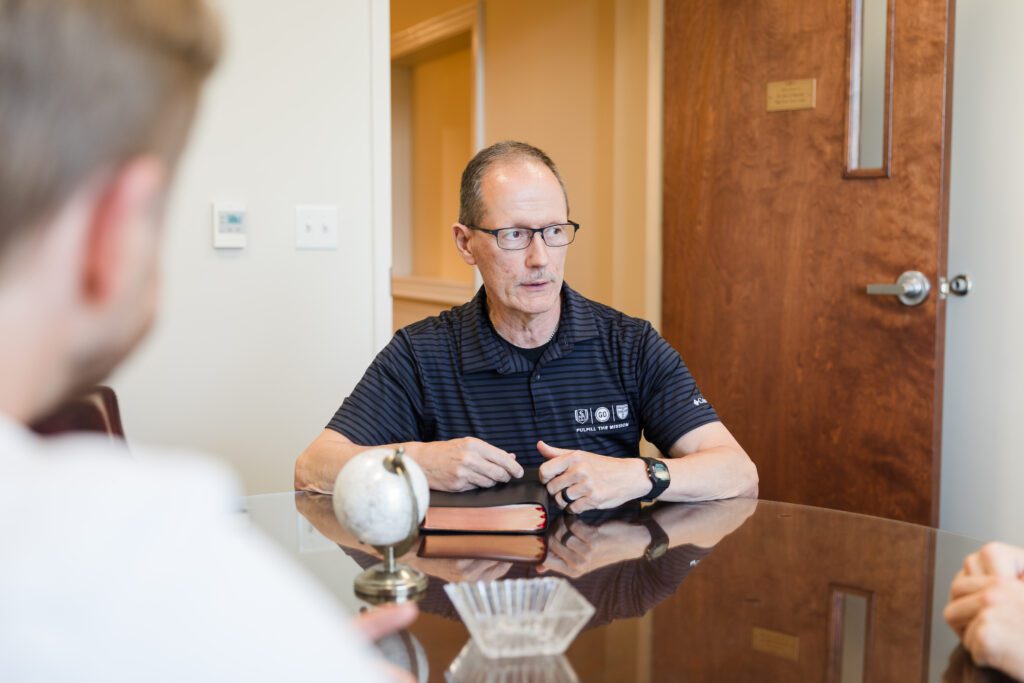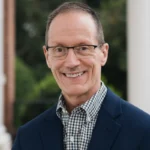I do not claim to be a great leader. I realize I still have much room for growth, despite almost forty years in full-time ministry. The best I can say is I’m a leader who has learned, and who continues to learn, through my experiences and the experiences of others. Here are some of the things I’ve learned:
- You will not always be the leader. You are the leader now, but you will not lead forever. Callings change. Organizations restructure. We sometimes become only one of the pictures of past leaders hanging on the wall, all photographic reminders that an organization is much bigger than we are.
- Live in the Word and on your knees. Some of the most important things we do as leaders are things no one else knows about. The best leaders I know lead out of their dependence on God.
- Continually have an “intern” learning with you. Leadership is not only about what we do today; it is also about what happens when we’re no longer in the leadership role. Good leaders reproduce themselves.
- Get some rest. I, like many other leaders, need to heed the words of the great theologian John Stott, “God knew what he was doing when he gave us one day’s rest in seven, and we should not claim greater wisdom than he.”[i] Adequate rest prepares us for the daily work of leadership.
- Prioritize evangelism. Church leadership – whether full-time, part-time, or volunteer – is so multi-faceted and time consuming that it’s easy to fail to do evangelism. Evangelism is not likely to occur unless we prioritize it in our conversations, our relationships, and our daily calendar.
- Enlist prayer partners. Your leadership will be stronger if you’ve enlisted and challenged a specific group of people to pray for you intentionally and regularly.
- Take care of your body. Our physical being faces enough struggle simply because of our fallenness; why exacerbate the problem by failing to take care of ourselves? The work of God’s church is so great that we ought to strive to be fully able to carry out the task.
- Take at least one mission trip annually. Life situations may hinder following this suggestion, but the strongest leaders I know sacrifice time and funds to reach the nations. Again, though, leaders must prioritize this Great Commission commitment.
- Annually read at least one leadership biography. The Bible is all-sufficient for our task, but that truth does not preclude a need to learn from other sources. We can learn much – both positive and negative – by studying how historical leaders dealt with their specific contexts and issues.
- Be aware of the dangers of email and texts. The buffer of cyberspace somehow permits us to be rude and ungodly at times in our interaction with others. Some folks I know fell morally into relationships that began with seemingly “safe” email or text intimacy. Needless to say, we leaders need godly wisdom here.
- Never stop learning and growing. When you think you no longer need to learn and grow, you’ve just forfeited your right to lead (and, in fact, contact me if you’re interested in further studies in leadership—I’ll help in any way I can).
What other reflections would you add to this list?
[i] John Stott, Problems of Christian Leadership. InterVarsity Press. Kindle Edition.
Editor’s note: This article was originally published at chucklawless.com.

MDiv Preaching and Pastoral Ministry
The Preaching and Pastoral Ministry track prepares students for pastoral ministry in the local church with a special emphasis on expository preaching.




No comments have been added.